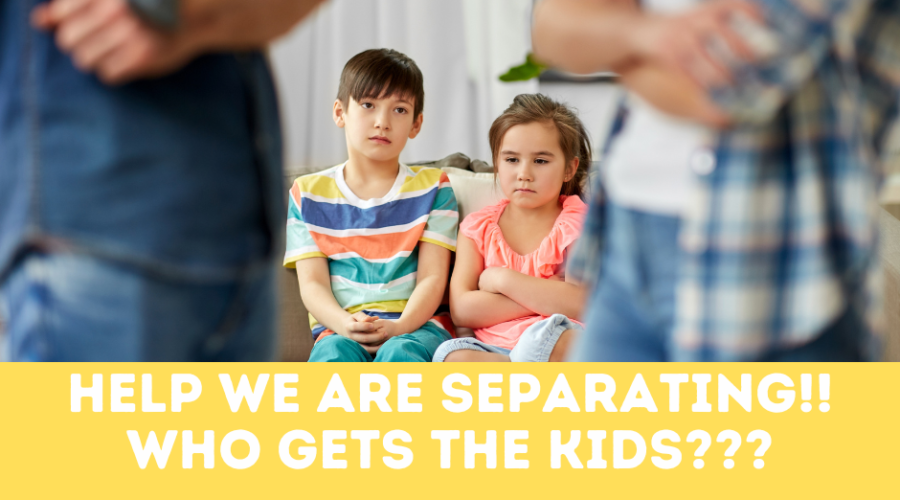We get a lot of clients asking how they approach making arrangements for their children following a separation. Here are the basics.
Parents are encouraged to work together in making arrangements for their children following a separation. This may include who the children live with, how much time they spend time with each parent, where they go to school, what activities they take part in, and the best way to communicate with each other.
The law presumes that both parents have equal shared responsibility in parenting their children and an obligation to put the best interests of their children first when making these important decisions.
There are three main ways parents can make arrangements for their children after separation, and this will depend on how well they can come to an agreement:
- Informal Arrangements:
-
- If you agree on arrangements and do not wish for anything formal, you can make informal arrangements.
- Parenting Plan:
-
- If you agree on arrangements and wish for something with a bit of structure and recognised under the law, you can make a Parenting Plan. To be a formal plan under the law, it must be made, signed and dated by both parents;
- A Parenting Plan can deal with any aspect of the care, welfare and development of a child;
- A Parenting Plan is not enforceable by the Court and is different to a Parenting Order; Parenting Plans can be changed at any time as long as both parents agree to the changes;
- Parents may ask the Court to make an order in the same terms as their plan known as Consent Orders. Once made, Consent Orders are legally binding.
- Parenting Orders:
-
- If you cannot reach an agreement, you can apply to the Court for Parenting Orders;
- Parenting Orders are enforceable by the Court and there are consequences for failing to comply with the Orders;
- Parenting Orders can be changed under certain circumstances when significant changes have occurred.
Family Dispute Resolution
The law requires the parents to attend Family Dispute Resolution (FDR) or mediation prior to making an application to the Court for Parenting Orders. However, in some circumstances you are not required to attend FDR, for example if there are allegations of child abuse, family violence or your matter is urgent.
FDR is a chance to discuss your concerns with an experienced and qualified mediator who will assist you and your ex-partner narrow the issues you cannot agree on, and assist you both to come to an outcome you are both happy with.
In some cases, FDR is not successful and parties cannot come to agreement on certain issues. In this case, the mediator will provide you with a certificate which must be lodged with your application to the Court for Parenting Orders.
For more information visit our website https://www.barwoncommunitylegal.org.au/my-family/parenting-arrangements/
Kerrie Ruffels is a community lawyer at Barwon Community Legal Service specialising in family law and family violence. Kerrie believes knowledge is power, and the more you arm yourself with relevant and accurate information, the better prepared you will be if you find yourself going through a family law matter.


